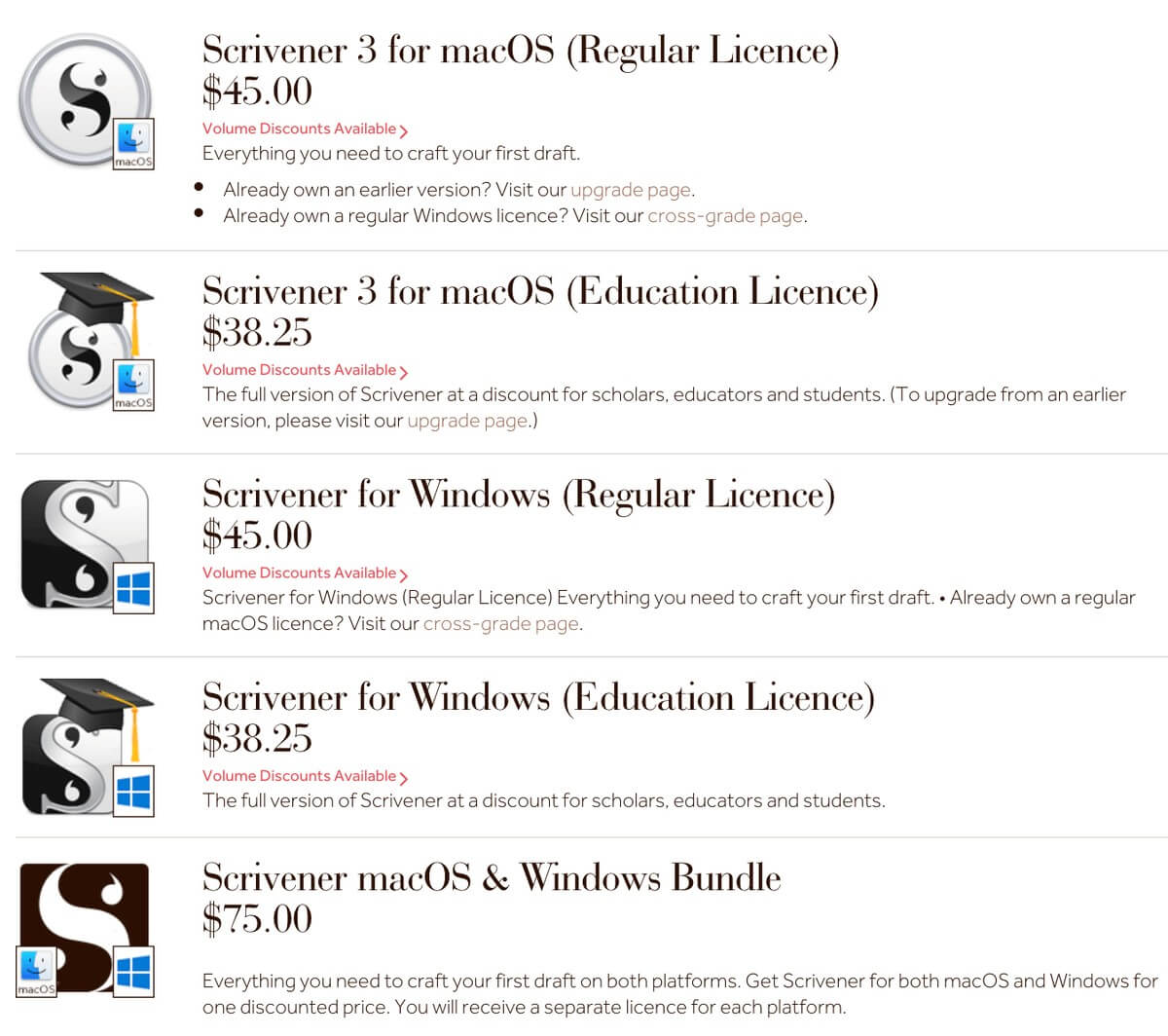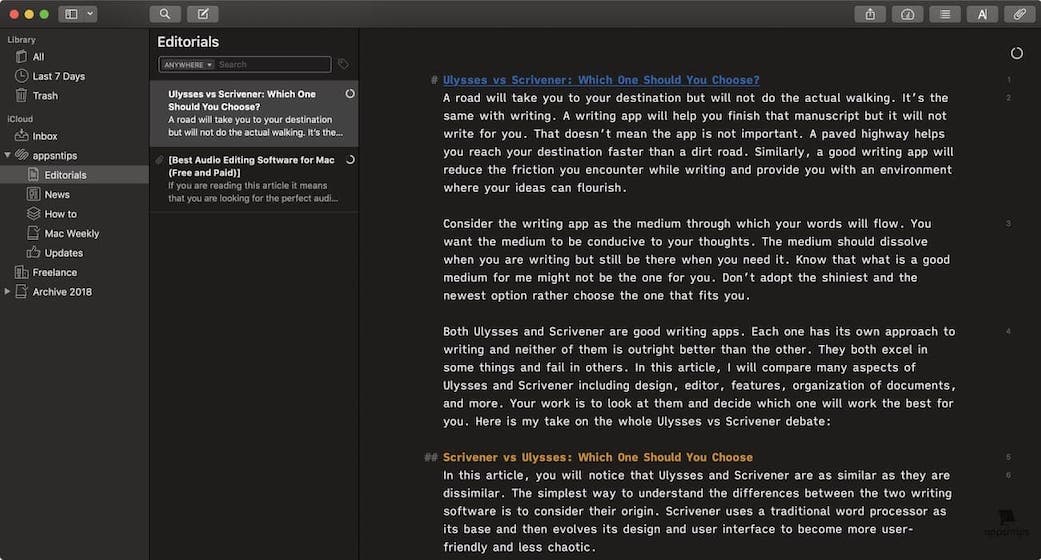

If you think blogging your novel will help you write better and more consistently, I say go for it. And some writers have valid concerns that publishing their novel on the Web first could ruin their chances of eventually getting it published in book form. You’re also running the risk that some enterprising plagiarist will rip off your hard-won ideas everything posted on the Web is implicitly copyrighted to its author, even without a specific copyright notice, but that hasn’t stopped thieves in the past.

If you’re shy or insecure about your prose, letting it hang out for the entire world to see can be paralyzing. That said, there are plenty of valid reasons not to blog your novel. Getting encouraging comments from both friends and total strangers was great motivation, too. I did my best to post a chapter (or part of one) every day, driven by the thought that someone might be waiting expectantly for the next installment. I thrive on deadline pressure, so I’ve blogged both of my previous NaNoWriMo attempts. Today, anyone can serialize a novel-in-progress through free, easy blogging sites such as

SCRIVENER VS STORYMILL SERIAL
And since reality often is stranger than fiction, research can be a writer’s best friend real-world details may suggest new twists in your story, or provide deeper thematic parallels.Īuthors as diverse as Charles Dickens and Stephen King have tried their hand at serial novels, publishing one chapter at a time to keep their readers hooked while they work through their narratives. A little research can go a long way, providing the small details that will lend your novel the ring of truth. If you don’t believe in the world you’re creating-whether it involves elite New York City chefs, the armies of ancient Rome, or the windswept deserts of Mars-your readers won’t either. Best of all, Scrivener doesn’t try to lock you into any one method of writing it just hands you the tools and lets you decide how you want to use them.
SCRIVENER VS STORYMILL FULL
Like Storyist, Scrivener lets you plot out your novel as an outline or a series of note cards on a virtual corkboard, then flesh out those steps into full chapters. It’s armed with most of the best features of its rivals, including word-count goals and full-screen editing. Scrivener ( )-my favorite writing program-can give you both power and flexibility. The Do-It-Yourselfer If you’re seeking a middle ground between absolute anarchy and rigid order, Literature & Latte’s $40 In addition to providing a writing space, Literature & Latte’s Scrivener gives you room to outline your novel, leave notes for yourself, and even make sure you’re staying on pace using a handy progress-tracking tool. CopyWrite and StoryMill also let you set a word-count goal for your entire novel, a given chapter, or a particular session of writing-a useful feature for NaNoWriMo word warriors. And if you’ve got your novel planned down to the minute, StoryMill lets you specify start and end times and dates for each of your scenes, then shuffle them around on a visual timeline. In a fun touch, Storyist lets you add photographs to your character and location entries to help you better visualize them. Storyist ( ), and Bartas Technologies’ $25ĬopyWrite ( ) offer powerful tools to keep your novel from running away with you.Įach of these programs offers customizable categories for filing away your chapters, characters, locations, and other novel elements.

The Master Planner If structure is your friend, you need a tool that’ll help you organize your notes, flesh out your cast of characters, and keep your story lines straight. Many of WriteRoom’s rivals have aped its full-screen editing style, but none has quite matched its elegant execution. You can tweak the colors of the background and text to make sure they’re easy on your eyes, and adjust the width of your text for greater readability-but don’t look for frills beyond that. This stylishly spartan text editor takes over your entire screen, letting you focus solely on your prose. The Freewheeler If you like to throw caution (and notes and outlines) to the wind and just follow your muse, you’ll probably want a simple tool to let you write with minimal distractions.


 0 kommentar(er)
0 kommentar(er)
